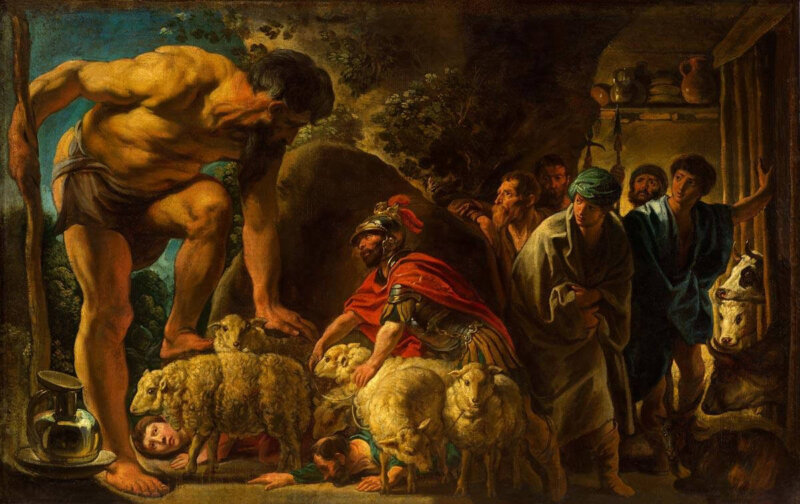Abigail L. Rosenthal is Professor Emerita of Philosophy at Brooklyn College of CUNY. She is author of A Good Look at Evil (Revised edition: Wipf & Stock, 2018), Confessions of a Young Philosopher (forthcoming), and writes a weekly online column, Dear Abbie: The Non-Advice Column.

